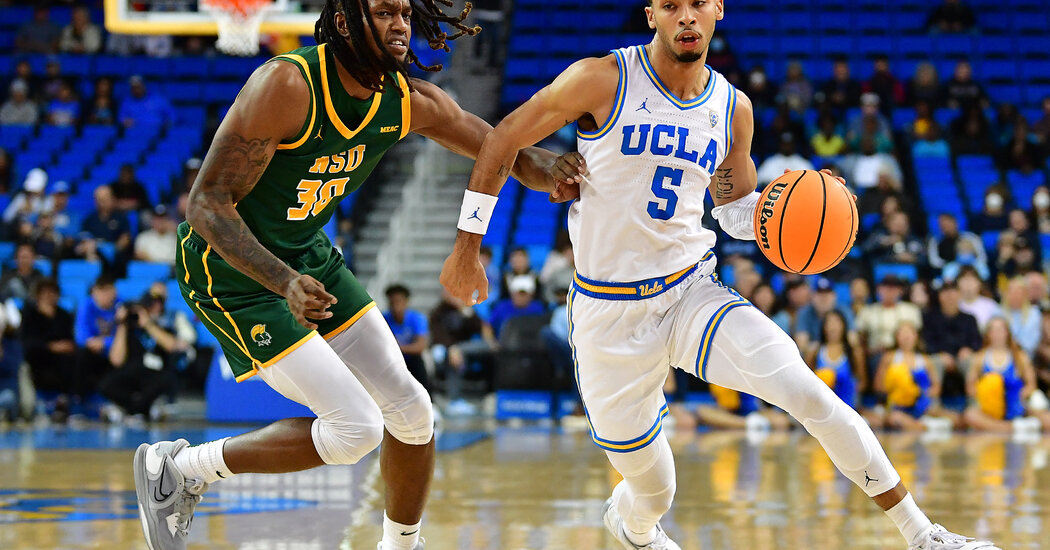
Though U.C.L.A. did not sign the agreement with the Big Ten until July 13, the Los Angeles schools’ departure was seen as a done deal since the regents, in the early 1990s, had granted broader decision-making authority to the campus chancellors.
However, amid anger from Gov. Gavin Newsom — and others on the board — that they had been kept in the dark about a decision that benefited U.C.L.A. at the expense of Berkeley, the U.C.’s general counsel told the regents in August that even though they had delegated authority to the chancellors they had not relinquished it.
The upshot: the regents could block the move if they so chose to do so.
Over the course of the next few months, as the regents began to learn more about a subject — big-time college sports — in which almost none of them were fluent, they began to center their concern on what extensive travel to places like College Park, Md.; State College, Pa.; and East Lansing, Mich., would have on athletes’ education.
Nancy Skinner, the California state lawmaker who helped launch a nationwide flurry of state legislation that enabled college athletes to earn money from endorsements, said she may craft a bill restricting the amount of time — travel included — that California colleges could demand their athletes spend on their sport.
Still, several regents said, they also worried about setting a precedent by reversing a decision made by a campus. (To that end, the regents have been considering alterations to the bylaws to prevent chancellors from acting unilaterally on a similarly consequential decision again.)
The regents, though, never came close to reaching a decision on Thursday.
The questions in open session hinted not just at the underlying issues they are trying to resolve, but also about the role of college athletics as a billion-dollar business enterprise that is becoming less and less tethered to the college ideal.
When the regent Lark Park asked Block and his counterpart, Berkeley Chancellor Carol Christ, to explain how their thinking about conference membership had evolved in recent months, their answers were revealing.